By Anna Wilson - Founder of Mini First Aid
Registered Nurse, BNurs/BHSc PGDip Advanced Nursing, NZRC Certified Emergency Care Educator
Parachute First Aid Kits are a fantastic foundation for compiling a comprehensive first aid kit which caters to everyone’s needs. The Family Kit has everything you may require for minor injuries that occur at home, but choosing what to purchase from the pharmacy as additions to your first aid kit can be overwhelming. It is important to have products which will cater to your individual or family’s needs and this can change over time as children develop and grow.
Here are some suggestions from me, Founder of Mini First Aid, Registered Emergency Nurse, and mother of 2 young children on what you can purchase as worthwhile investments to include in your kit.
Paracetamol – Paracetamol is one of the most widely used medications for pain and fever in adults and children. When taken correctly, it is a safe and effective treatment of mild to moderate pain.
Ibuprofen – Ibuprofen is another commonly used medication for pain and fever in adults and children. It is a non-steroidal anti-inflammatory drug which, unlike paracetamol, helps with pain associated with inflammation. It is not recommended for babies under 3 months old and caution is advised for use in older adults and those with kidney impairment. Seek doctors’ advice if this applies to you or your loved one.
Thermometer – For babies I recommend an under arm digital thermometer. These are cheap and accurate when used correctly. As children get older and their ears grow (and sitting still waiting for a thermometer to read accurately gets more challenging) an ear thermometer is another option.
Antihistamine – Antihistamines are mainly used to treat hay-fever, itching and hives. Formulations are available in both tablet and liquid.
Antihistamine Cream – Antihistamine creams are used to treat swelling, redness or itching associated with insect bites, minor cuts and rashes associated with an allergy. Ideal for those pesky mozzie bites! Calamine lotion is another great option for soothing skin irritations.
Antibacterial Cream – Antibacterial creams help to treat minor skin infections, acne spots and school sores (impetigo). Note: school sores may also need prescription antibiotics.
Saline Nasal Spray and Aspirator – If you have a baby in your house, you may benefit from purchasing saline nasal spray and an aspirator. Babies are predominantly nose breathers, so when they get a cold and their nose is blocked, it can make it more difficult for them to feed and breathe with ease. Saline helps to loosen the mucus in the nose and an aspirator helps to clear it. Always
follow instructions of the product you are using and/or from your pharmacist to ensure correct use.
Please take this as a guide and check with your pharmacist or doctor about what is best for your individual and family’s needs. Always ensure correct dose of medication for children.

